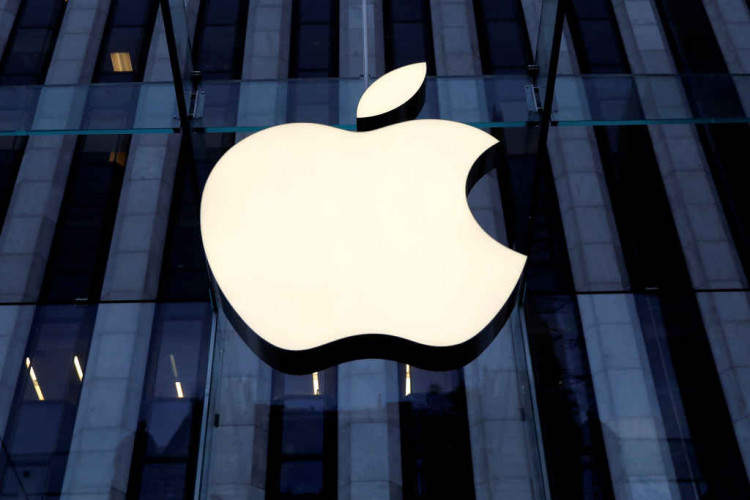Apple is facing another antitrust probe, this time in Japan, because of App Store policies, which complainants say is too disadvantageous for them.
Several game developers are complaining not only about Apple's 30% commission on sales of their games, but also the innovative tech company's erratic enforcement of their App Store guidelines when it comes to approving apps, as well as its poor support and communication.
Bloomberg spoke to over a dozen of these developers regarding the issue. The complaints against Apple apparently caught the attention of the Japanese antitrust regulator, prompting the latter to look into the company's App Store practices.
Records indicate there are 720,000 developers registered with Apple in Japan, which allowed the company's App Store to generate in 2019 around $37 billion in sales and billings. Digital sales accounted for $11 billion of the entire figure and $24 billion for physical sales, while the $2 billion was for in-app advertising.
Among the developers registered with Apple in Japan are big-name companies like Bandai Namco and Square Enix. Bandai Namco has had huge success with the popular game Face/Grand Order, while Square Enix earns 40% of its income from mobile games. These developers, however, did not share the concerns aired by other developers regarding App Store policies.
The issues disclosed by the complainants about the App Store policies led to the creation of iOS Reject Rescue, a third-party service designed to help developers through the approval challenge process of Apple. According to the founder of PrimeTheory, Makoto Shoji, a company that develops apps for Android and iOS, the tech company's app review is usually ambiguous, irrational, and subjective. "Apple's response to developers is often curt and boilerplate, but even with that, you must be polite on many occasions, like a servant asking the master what he wants next," Shoji said.
Most of the Japanese developers that Bloomberg interviewed said they are not complaining about the 30% revenue that Apple charges. The developers said they expect better service from the company when it comes to their support in the approval process and rejection issues in their App Store.
According to game developers, an example of the issue with Apple the time when the company's servers went down for one day in November of last year, without giving the developers prior notice. The company was also slow in providing status updates or maintaining proper communication channels with registered developers. Another issue the developers complained about is when the approval process in the App Store takes too long, with the company not giving them any clear status updates about their application. Developers say this causes them to lose earnings because in-game events become very hard to execute in a timely manner.
In an interview with Bloomberg, Apple said it has around 1,400 advisers and customer service employees in Japan, which extend developer support through email and phone, adding that their teams work across different time zones to extend support during business hours. The company also revealed it has localized the review guidelines of its App Store, provided developer conference videos in Japanese, and continues to pour in more work for its customers and developers.






